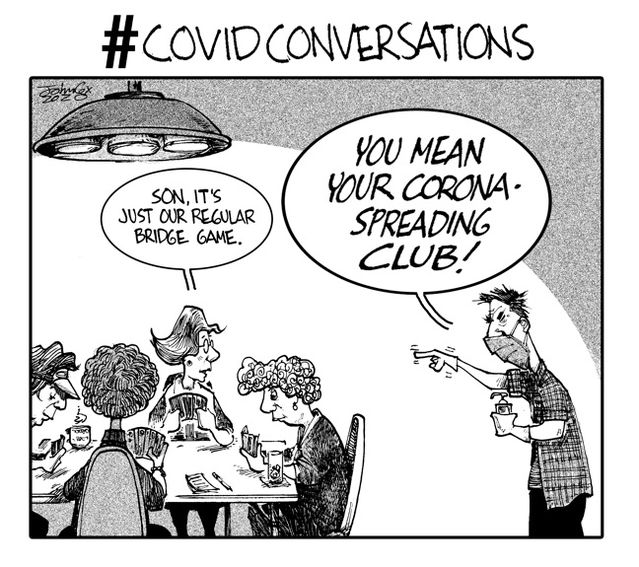The next 24 months are 'critical', we 'don't have any more time to waste': MIT Prof. on social media misinformation
Sinan Aral joins the "On the Move" panel to discuss his new book and the role that social media plays in the 2020 elections. (00:35)
Sinan Aral joins the "On the Move" panel to discuss his new book and the role that social media plays in the 2020 elections. (00:35)

Jason Jay and Gabriel Grant on how to have tough conversations during COVID-19.

Watch recordings of past MFin events hosted by the Admissions team.
In new research, cheating in private was one thing; but, for the “cheating non-liars,” lying about it entailed another, slightly higher threshold
For a complete list of MIT Sloans' new faculty members please see page three of the article.
"Traditional companies don't have to build cultures identical to digital-born darlings: But they must be digital enough to foster success."
A first-of-its-kind study found that when states close, re-open and then close again, it's less effective at stemming the spread of the virus.
Research from the Sloan Sustainability Initiative is part of a project that aims to clarify ESG measurement for investors.
Stanley Fischer [Miriam Pozen Prize winner] discusses inflation concerns, Fed policy, and the need to use fiscal policy to reduce inequality.
Bob Pozen on the market and economic issues of the day as well as the winner of the first Miriam Pozen Prize.